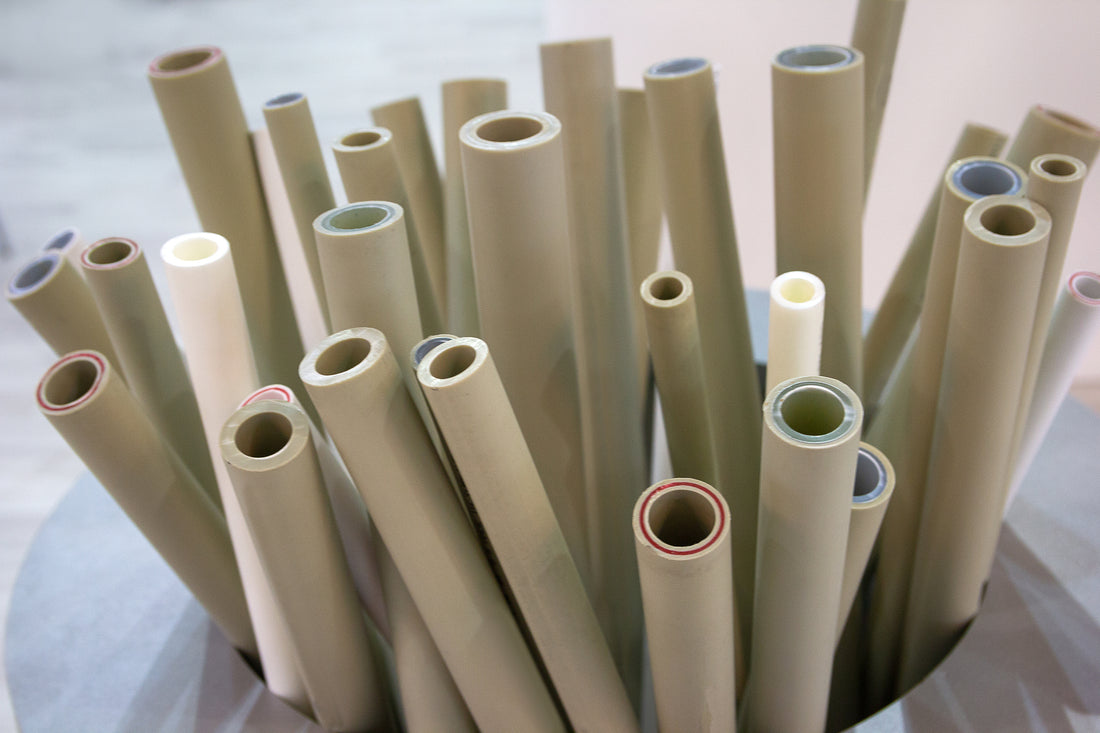
Fiberglass Pipe Insulation Thickness Guide

When it comes to fiberglass pipe insulation, there is always the question of thickness. The efficiency of the insulations is determined by how well it fits the pipe. However, the real problem lies in deciding how thick the insulation of a particular pipe's size should be while trying to save cost in the process. You should make your choices based on the kind of piping: residential or commercial, their sizes, and the purpose they are to serve. You can also seek the help of professionals so as to avoid making the wrong decision in the first place.
Residential Buildings
Fiberglass pipe insulation is used in residential pipes because of its energy-saving features. Its main purpose is protecting the pipes that transport steam, steam condensate, and hot water. These pipes usually have a temperature of about 104°F to 120°F, and to prevent heat loss, insulation is necessary. Although there is no specific thickness requirement for the insulation of residential heating pipes, you shouldn't use anything less than 1" when trying to minimize costs. This allows you to get the best result from your insulation. The thickness of your pipe should also determine the thickness of the insulation material. For pipes that are about 3" or smaller, the insulation should be 1" thick. For those that are 8 inches and above, the insulation should be 1-1/2" - 2" thick. Coldwater pipe also needs to be insulated in order to prevent condensation from building up on the piping as they pass through hot and humid spaces. When there is a condensation problem, there is also the problem of mold growth and then health problems. The insulation for cold water pipes is usually about 1/2" thick. There is no additional benefit of increasing the thickness of the fiberglass insulation, unlike that of a hot water pipe. Insulation can also be used to prevent the problem of frozen pipes. You can reach out to a professional to know more about freeze protection.Commercial Buildings
Fiberglass pipe insulation is also used in commercial buildings due to its ability to save energy. However, unlike residential pipes, there are certain requirements to be met when insulating these pipes. Insulation is not only carried out to save energy but to also prevent accidental burns. When it comes to personnel protections, a pipe with a Temperature of 300°F and below will require an insulation that is 1/2" thick. For 400°F - 1" thick and 500°F - 1-1/2" thick. Fiberglass pipe insulation is also used for the purpose of condensation control. The refrigeration lines of industries are usually insulated to prevent condensation. However, in order to achieve a good result, relative humidity, operating temperature, and the ambient temperature, that is, outside air temperature, must be taken into consideration. Finally, when it comes to pipe insulation, you should always reach out to professionals for advice. For more information about this visit https://www.insulation4us.com/
Insation4U
+1 786-224-0029
1201 North Orange Street, Suite 700, Wilmington, DE 19801

 Rated Excellent
Rated Excellent